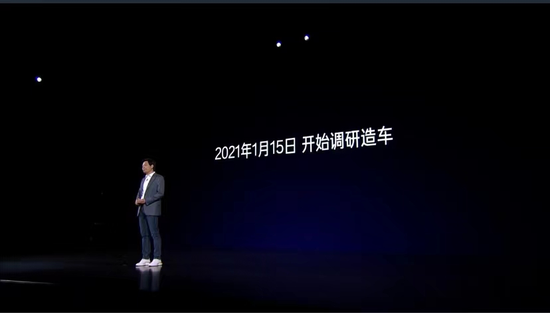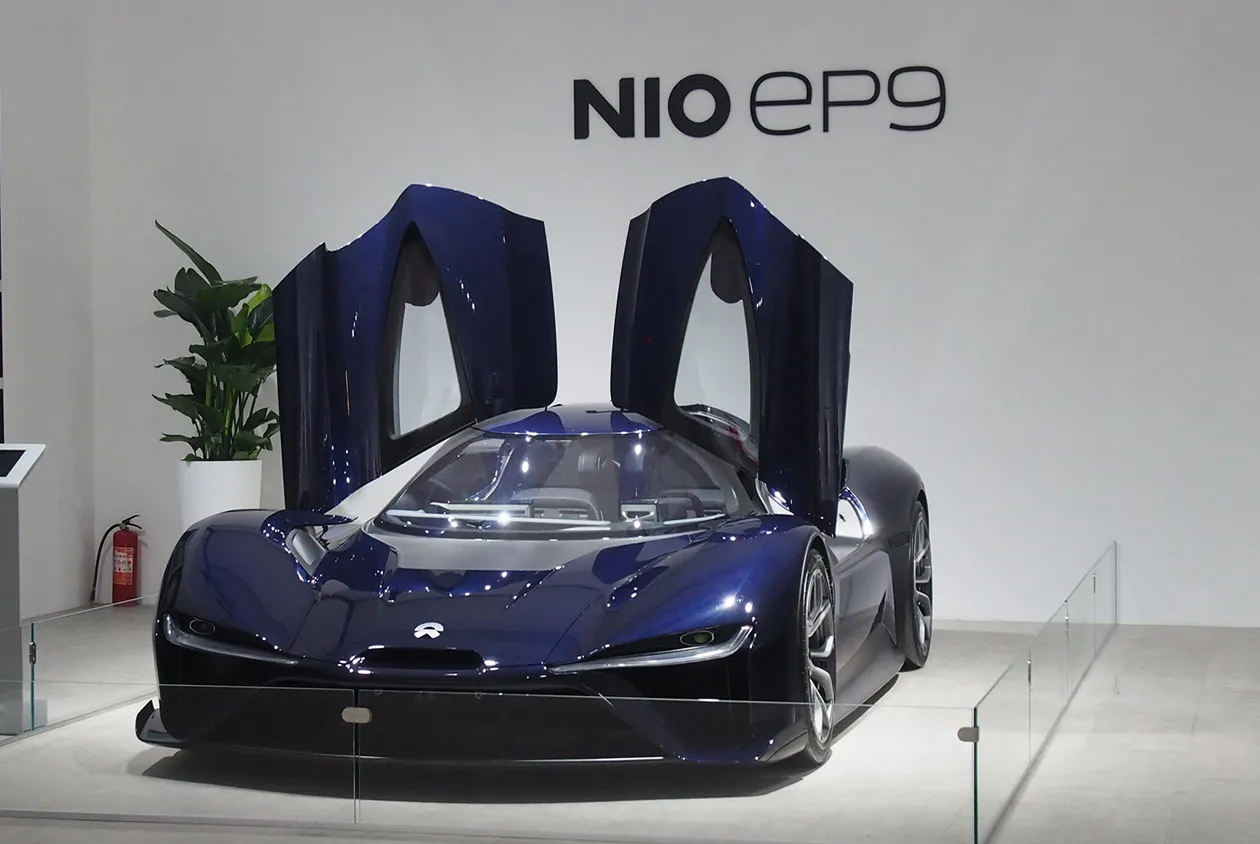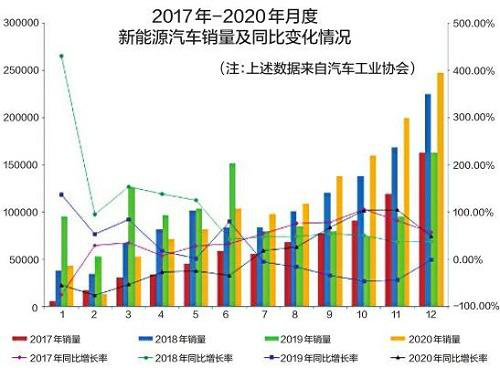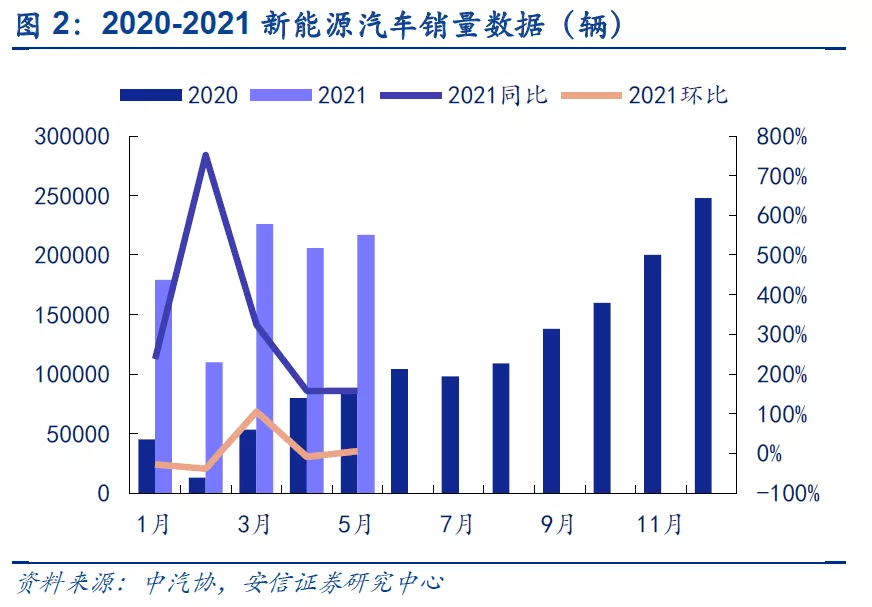On China’s EV circuit, there are not only new car companies such as Nio, Xiaopeng and Lixiang that have already started running, but also traditional car companies such as SAIC that are actively transforming. Internet companies such as Baidu and Xiaomi have recently announced their plans to enter the smart electric vehicle sector.

In January this year, Baidu announced the formal establishment of an intelligent car company, as a vehicle manufacturer to enter the auto industry. Didi also said it would join the army of car makers in the future. At this year’s spring product launch, Xiaomi Chairman Lei Jun announced a push into the smart electric car market, with an estimated investment of $10 billion over 10 years. On March 30, Xiaomi Group made an official announcement to the Hong Kong Stock Exchange, saying its board of directors had approved the project to invest in the smart electric vehicle industry.
Up to now, the smart electric car track has been flooded with a number of new car building forces.
Large capital investment. In addition to high research and development costs, building a car involves sales, administration, and the purchase of assets such as factories. Take NiO Automobile as an example. According to public data, NIO spent 2.49 billion yuan on R&D and 3.9323 billion yuan on sales and management in 2020. In addition, unlike traditional cars, the construction of electrical changing stations also needs a lot of money. According to the plan, NIO will expand the total number of power stations nationwide from more than 130 at the end of 2020 to more than 500 by the end of 2021, and upgrade to a second power station with higher efficiency and more powerful functions.

Long production cycle. Nio, founded in 2014, delivered its first car ES8 in 2018, which took four years. It took Xiaopeng Three years to deliver its first car G3 in mass production. Ideal’s first car, The Li One2019, was also delivered in mass production four years after the company was founded. The reporter understands from Baidu respect, Baidu’s first car probably needs about 3 years to produce energy delivery.
In addition, smart electric vehicles also face challenges such as weak core technology innovation ability, quality assurance system to be improved, insufficient infrastructure construction, and increasing market competition.

Make a car is not easy, but Internet companies think they have an “innate advantage” in smart electric cars, giving them the courage to try. Baidu said, Baidu has a complete ecosystem technology in software ecology, so we can better leverage our technological and software advantages. Lei jun believes that Xiaomi has the industry’s richest experience in software and hardware integration, a large number of key technology accumulation, the industry’s largest and most actively connected mature intelligent ecosystem, as well as sufficient cash reserves, for car manufacturing, Xiaomi has a very significant unique advantage.
And burn money, the cycle is long, why the Internet big factories are rushing into the business ?
Good momentum of development — By 2020, China’s production and sales of new energy vehicles have ranked first in the world for six consecutive years, with cumulative sales exceeding 5.5 million units. From January to March this year, the production and sales of new energy vehicles reached 533,000 units and 515,000 units respectively, up 3.2 times and 2.8 times year-on-year respectively, and the sales hit a new high. China Association of Automobile Manufacturers predicts that the production and sales of new energy vehicles are expected to exceed 1.8 million units this year, and the good momentum of development will continue.
Broad market prospect — The New Energy Vehicle Industry Development Plan (2021-2035) issued by The General Office of the State Council of China proposes that in 2025, the sales volume of new energy vehicles should reach about 20% of the total sales volume of new vehicles. By 2020, the market penetration rate of new energy vehicles in China was only 5.8%, according to the Federation. From January to March this year, the market penetration rate of new energy vehicles was 8.6%, which is significantly higher than that in 2020, but there is still some space to reach the target of 20%.

More policy support — Last year, China’s Ministry of Finance and relevant departments clearly extended the purchase subsidy policy for new energy vehicles until the end of 2022. In addition, infrastructure construction such as charging piles has also received strong support. In recent years, a series of supporting policies have been issued, covering financial awards and subsidies, preferential pricing of charging electricity, and supervision of charging facility construction and operation, forming a policy support system for the construction and development of charging facilities. By the end of 2020, the number of public charging piles in China had reached 807,300.
Complete industrial chain — Take Shanghai Lianji New Energy Technology Co., LTD as an example, lianji’s household charging piles and other charging products have been matched to SAIC Volkswagen, Geely, Toyota, Dongfeng Nissan and other automotive enterprises, with annual shipments of household charging piles reaching 100,000 sets. At the same time, it provides intelligent charging equipment and platform management system for leasing service providers and comprehensive and customized intelligent charging overall solutions for charging operators to meet the charging and operation service needs of diversified customers in the new energy industry chain.
“Smart electric vehicles are the broadest development track in the next decade. They are an indispensable part of smart ecology. They are also the only way for Xiaomi to continue to fulfill its mission and meet people’s needs for a better life with technology.” Lei jun said.
Baidu said: “We believe that the smart car track is one of the important ways for AI technology to reach the ground and benefit society, and there is a broad space for commercial value.”